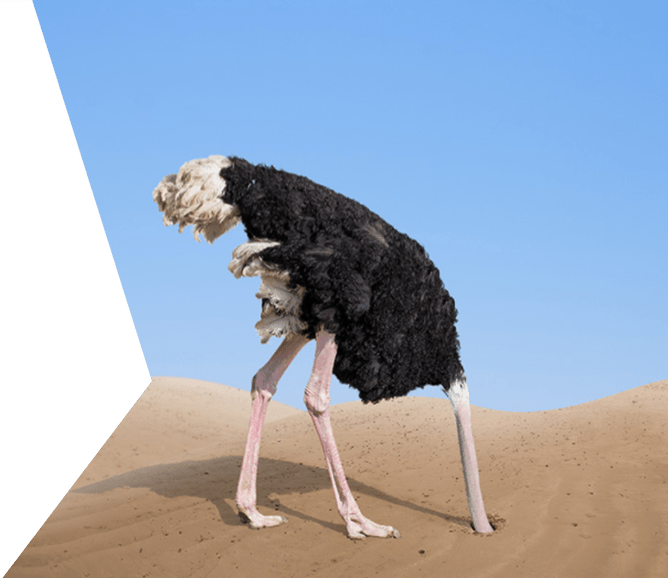Do you adopt healthy or unhealthy coping strategies...?
The way in which we cope with lockdown uncertainty, adversity, or just the queue at the supermarket, comes down to our assessment of what’s in our control.
Often at the start of a coaching session, a client is, not surprisingly, feeling stressed. However, when my client builds awareness that they’re stressing about something which is out of their control, there is an enormous sense of relief. A lightness. And a sense of possibility, power and purpose – to then set about directing their attention, energy, resources and time on taking action on what they can control. The ‘aha’ moments are almost tangible!
In light of us being in various levels at the moment – I’m 400m inside the Level 3 zone this week – I thought I would share a very simple yet effective tool for coping.
After all, as you’ve heard me say before, none of us is immune from adversity – the rough stuff happens to everyone. Lockdowns happen. Health diagnoses happen. Accidents happen. We make mistakes….
But we all have a choice about how we cope.
On hearing some upsetting news, or feeling that we’re stuck in something, we often skip a very important step. That is: deliberately considering what we want and what is in our control. We simply launch in and do one of two things:
We run around like a headless chook trying to control everything. We’ve overestimated how much is in our control and attempt to do everything. Leading to more stress, exhaustion and frustration. This is OVER CONTROL.
Or we bury our head in the sand. We’ve underestimated how much is in our control and try to avoid doing anything. Hoping someone else will make it all go away. Literally given away our control. Allowing ourselves to become a victim. This is PASSIVE COPING.
Over control and passive coping are unhealthy coping strategies.
Keen to be reminded about the alternatives? They're not rocket science, but when we're stressed, we so easily forget!
1. Assess
The difference between unhealthy and healthy coping practices is very simple.
It starts with making an accurate assessment of what is in your control.
2. Surrender
Then, you can surrender and accept that over which you have no control.
Have faith that it will be ok.
Liberate yourself from wrestling with things you simply can’t change.
3. Active Coping
Now you're ready to take action on what you can control.
Being deliberate with where and how you spend your precious resources.
Your resources are finite: time, money, energy.
In times of uncertainty or adversity being deliberate with the tool is key.
Here’s how to use it:
- Consider your desired outcome.
- Why do you want this? What is the positive benefit of taking action?
- Make a list of everything you can’t control (for example, someone else’s reaction!)
- And everything you can control
- Create a plan to action those controllable things. And only those things.
Here's an (obvious) example!
Perhaps using lockdown is a cop-out in terms of an example but it’s also precisely what many of us may be grappling with right now, right? Because unless you have Jacinda on speed-dial, you had no control over the government’s decision to send us into lockdown again. But all of us have a choice over our reaction.
Example responses
Over control – headless chook. Running around trying to control anything and everything, being agitated, in a frenzy, frustrated, anxious.
Passive coping – head in the sand. Going into dooms day mode. Wasting away hours paralysed with worry about whether it will be 2 weeks, 4 weeks or 3 months.
Surrender. Recognising I can’t personally speed up the lockdown sentence, I can keep myself and my family safe and remind myself it is temporary. I have faith it will be ok.
Active coping response. Knowing I have control over how I spend this time. I want to make the most of this opportunity. What have I been putting off for a long time? Am I going to finish a book, clean out a cupboard, rewrite policies and procedures, automate a process, try some new recipes, or learn a language (because one day we'll be able to travel again!!)
IN SUMMARY
Once you have an awareness of factors that are in and outside your personal control you can invest your attention and energy differently, to improve your overall well-being.
And you can prevent wasting precious time and energy by attempting to control the uncontrollable.
Becoming aware of how limited our ability to control the world is can be a confronting experience, especially if you've spent a great deal of time trying to control things that are beyond your control.
And like everything we do, it’s a practice not a perfect.
Which reminds me, I’ll share some tips on how to ditch perfectionism and become a ‘perfect stuffer-upperer’ next month 😊


